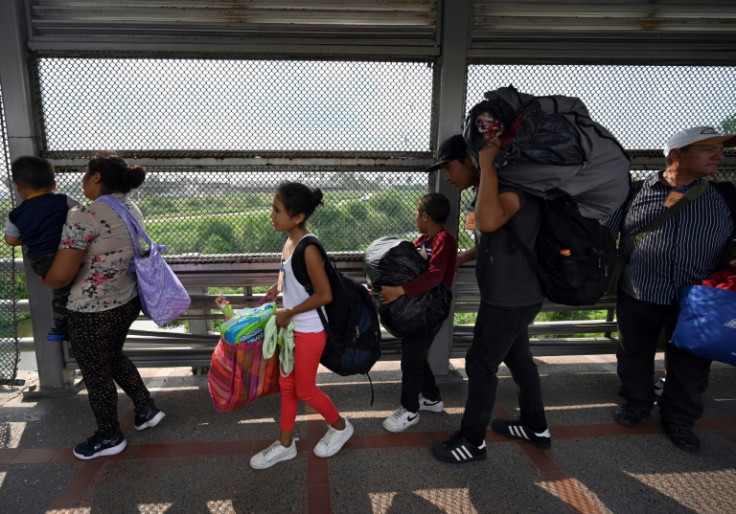
The federal government has announced an additional expansion in the amount of H-2B visas it will grant for temporary nonagricultural workers in 2024. This announcement comes weeks after the Department of Homeland Security (DHS) announced an earlier expansion of the program.
According to the U.S. Citizenship and Immigration Services (USCIS), the H-2B program enables U.S. employers to hire non-citizens on a temporary basis to fill their seasonal needs. To receive an H-2B visa, a worker must apply to the program and seek admission to the United States at a U.S. Embassy or Consulate or at a U.S. port of entry.
In October, DHS doubled the number of H-2B visas from 33,000 to 66,000. The department recently announced that it would grant 65,000 additional visas on top of the amended quota in 2024.
The new expansion comes after a meeting with DHS and the U.S. Department of Labor (DOL). The H-2B program was expanded to ensure workforce needs are met in industries such as hospitality, tourism, landscaping and seafood processing.
"The Department of Homeland Security is committed to maintaining strong economic growth and meeting the labor demand in the United States, while strengthening worker protections for U.S. and foreign workers," said Secretary of Homeland Security Alejandro N. Mayorkas. "Our maximum use of the H-2B visa program also continues to build on our commitment to expand lawful pathways as an alternative to irregular migration, thereby cutting out the ruthless smugglers who prey on the vulnerable."
In a press release, DHS provided insight into how it would award the supplemental visas. According to the department, 20,000 visas would be granted to workers from Colombia, Costa Rica, Ecuador, El Salvador, Guatemala, Haiti, and Honduras. Another 44,716 visas would be granted to workers who in the past have received an H-2B visa.
According to DHS, providing country-specific visas is part of the Biden-Harris Administration's effort to create a humane immigration system and to expand legal pathways into the country, as there has been an influx of unlawful border crossings along the U.S.-Mexico border and a record number of migrants entering the country.
Some U.S. cities have been under strain as migrants have been bused across the country to sanctuary cities. Cities such as Chicago, New York and Washington, DC, have diverted resources to shelter migrants.
To further help migrants, the Biden administration granted Temporary Protected Status (TPS) to nearly 500,000 Venezuelan migrants, which enabled them to live and work in the country legally for 18 months.
© 2025 Latin Times. All rights reserved. Do not reproduce without permission.





